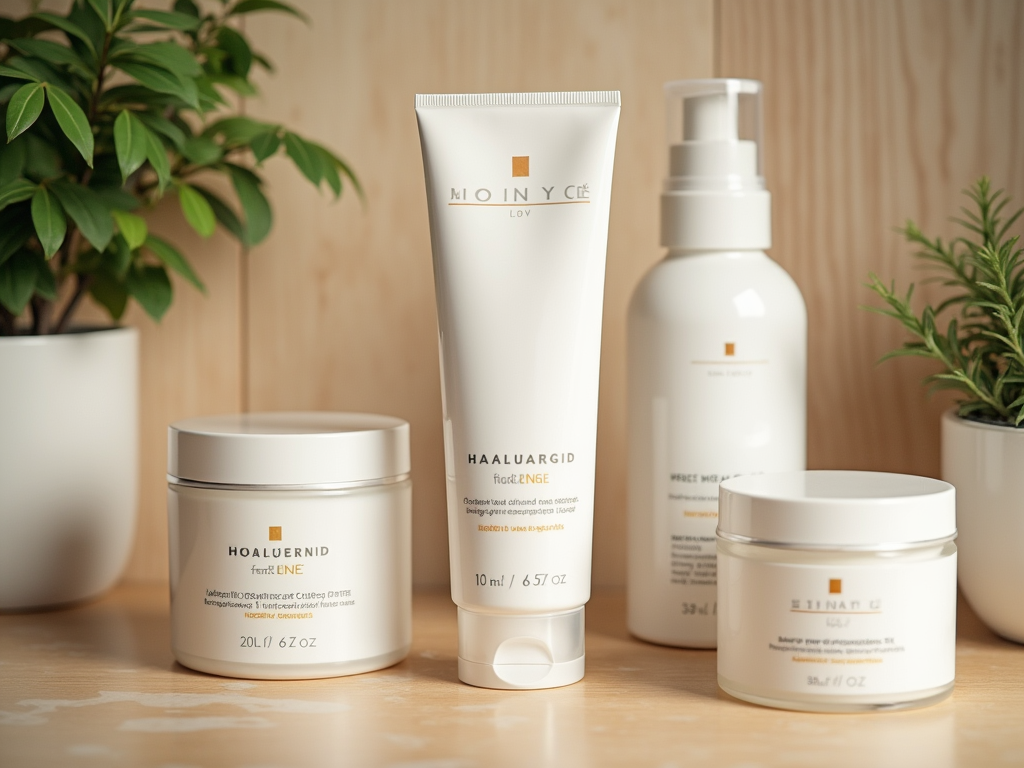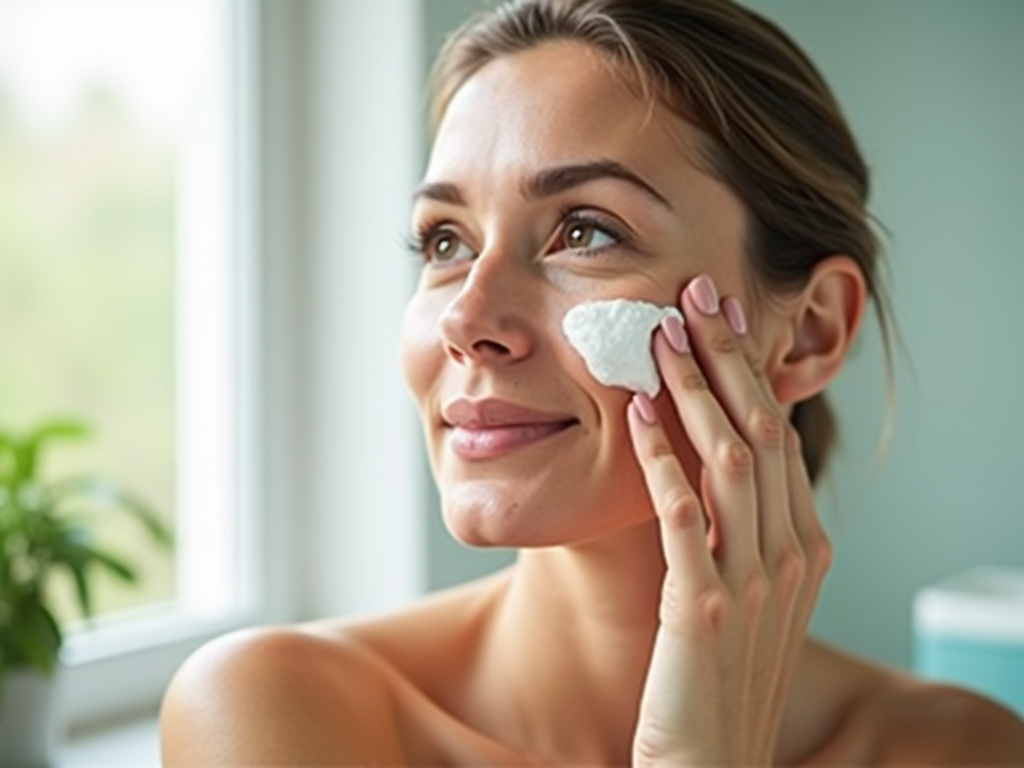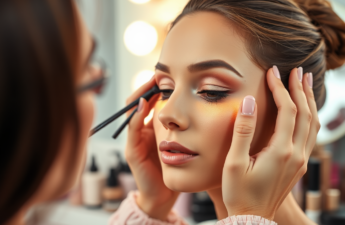Many people invest significant time and money in skincare, especially in moisturizing products, yet dry skin remains a persistent issue. You may have tried numerous creams, serums, and lotions, but have you ever wondered why your skin feels parched despite these efforts? Understanding the relationship between your skincare routine and the underlying causes of dryness is crucial to finding lasting relief. There could be factors at play that you’re unaware of, affecting your skin’s hydration levels. Let’s explore some of the compelling reasons why your skin might continue to feel dry, even after diligently applying moisturizer.
Understanding Dry Skin and Its Causes

Dry skin can be frustrating, especially when it seems like no amount of moisturizer helps. To effectively address this issue, it’s essential to understand why dryness persists despite your efforts. Various causes contribute to this condition, influencing how moisture is retained in your skin. Knowledge of these factors can elevate your skincare game and help you make informed decisions. It may not just be about slathering on moisturizer; instead, it’s a complex interplay of product choice, lifestyle habits, and environmental conditions. This understanding can empower you to tackle the root causes of dryness effectively.
Inadequate Moisturizer Composition

One fundamental reason you may still experience dry skin is the choice of moisturizer. Not all moisturizers are created equal, and the ingredients play a significant role in their effectiveness. Many products on the market lack key components that truly hydrate the skin. Thus, it’s essential to be picky about what you apply. A moisturizer without beneficial ingredients will leave your skin feeling undernourished. Below is a list of key ingredients to look for when selecting a cosmetics product for hydration:
- Hyaluronic Acid: A naturally occurring substance in the skin that helps bind moisture.
- Ceramides: Essential for strengthening the skin barrier to retain hydration.
- Glycerin: A humectant that attracts water to the skin, providing lasting hydration.
Overuse of Harsh Cleansers
Using cleansers that strip away natural oils can exacerbate dryness. Many people believe that thorough cleansing is mandatory for healthy skin, and this can lead to a hostile environment for your skin’s natural moisture. Stripping the skin of its oils results in a compromised barrier that leads to dryness. Gentle cleansers are often overlooked, but they can significantly impact how hydrated your skin feels post-cleansing. Switch your routine by choosing cleansers that are formulated to maintain skin’s natural moisture. Here’s a simple comparison of harsh versus gentle cleansers:
| Harsh Cleansers | Gentle Cleansers |
|---|---|
| Contains sulfates | Free from sulfates |
| Bold foam texture | Soft, creamy texture |
| Strips oils | Preserves natural oils |
Environmental Factors
The environment you live in can significantly affect your skin’s moisture levels. Factors such as weather conditions, humidity, and air quality play crucial roles in your skin’s ability to retain hydration. For instance, living in a region with extreme temperatures or low humidity can rob your skin of vital moisture. Additionally, artificial heating systems during winter exacerbate dry skin issues by drawing moisture out of the air. Understanding how to adapt your skincare routine to environmental conditions can help alleviate dryness. Here’s a quick list illustrating how different conditions affect your skin:
- Cold Weather: Cold, dry air can lead to flaking and cracking skin.
- Heat Sources: Central heating systems can significantly reduce indoor humidity levels.
- Pollution: Poor air quality can strip moisture and contribute to aging skin.
Health and Lifestyle Choices
Your overall health and lifestyle can also influence your skin’s hydration levels. Factors such as diet, hydration, and even stress play a pivotal role in how your skin retains moisture. This interaction highlights the importance of a holistic approach to skincare, as neglecting internal health can manifest externally. For example, not drinking enough water might leave your skin looking dull and lifeless. Additionally, a deficiency in essential fatty acids can affect skin cell function. Consider this essential list of lifestyle factors that impact dry skin:
- Low Water Intake: Insufficient hydration can negatively affect skin appearance.
- Nutrient Deficiency: Lack of essential fatty acids can lead to dry skin.
- Stress: High-stress levels can cause skin issues, including dryness and irritation.
Skin Conditions That Cause Dryness
Certain skin conditions, such as eczema and psoriasis, can lead to persistent dryness that isn’t alleviated by moisturizers. These conditions often require specialized treatments, as conventional products may prove ineffective. If you notice persistent dryness despite regular moisturizing, it may be worth consulting a dermatologist or skincare professional. Understanding the underlying conditions can aid in effective treatment. Remember, not all dry skin is the same, and identifying the root cause is the first step toward tailored solutions.
Conclusion
Finding the right solutions for your dry skin can be challenging, especially when moisturizers seem ineffective. By understanding the various factors at play, from the products you use to your lifestyle choices, you can take more targeted steps toward achieving healthy, hydrated skin. It is essential to not only focus on topical applications but also understand how your environment, habits, and choices influence your skin’s condition. By making informed decisions and recognizing the signs your skin displays, you can develop a comprehensive approach to treat your dry skin effectively.
Frequently Asked Questions
- Why is my skin still dry even though I apply moisturizer daily? Your moisturizer may not contain the right ingredients to effectively hydrate your skin, or you may be using harsh cleansers that strip moisture from your skin.
- Can environmental factors really affect my skin’s hydration levels? Yes, factors like humidity and indoor heating can significantly impact your skin’s moisture retention.
- Are there specific foods I should eat to help with dry skin? Incorporating foods rich in healthy fats, such as avocados and fish, can improve your skin’s moisture levels. Staying well-hydrated by drinking plenty of water also helps.
- Should I see a dermatologist about my dry skin concerns? If your dry skin persists despite using the right products and making lifestyle changes, consulting a dermatologist is advisable. They can help identify any underlying skin conditions.



